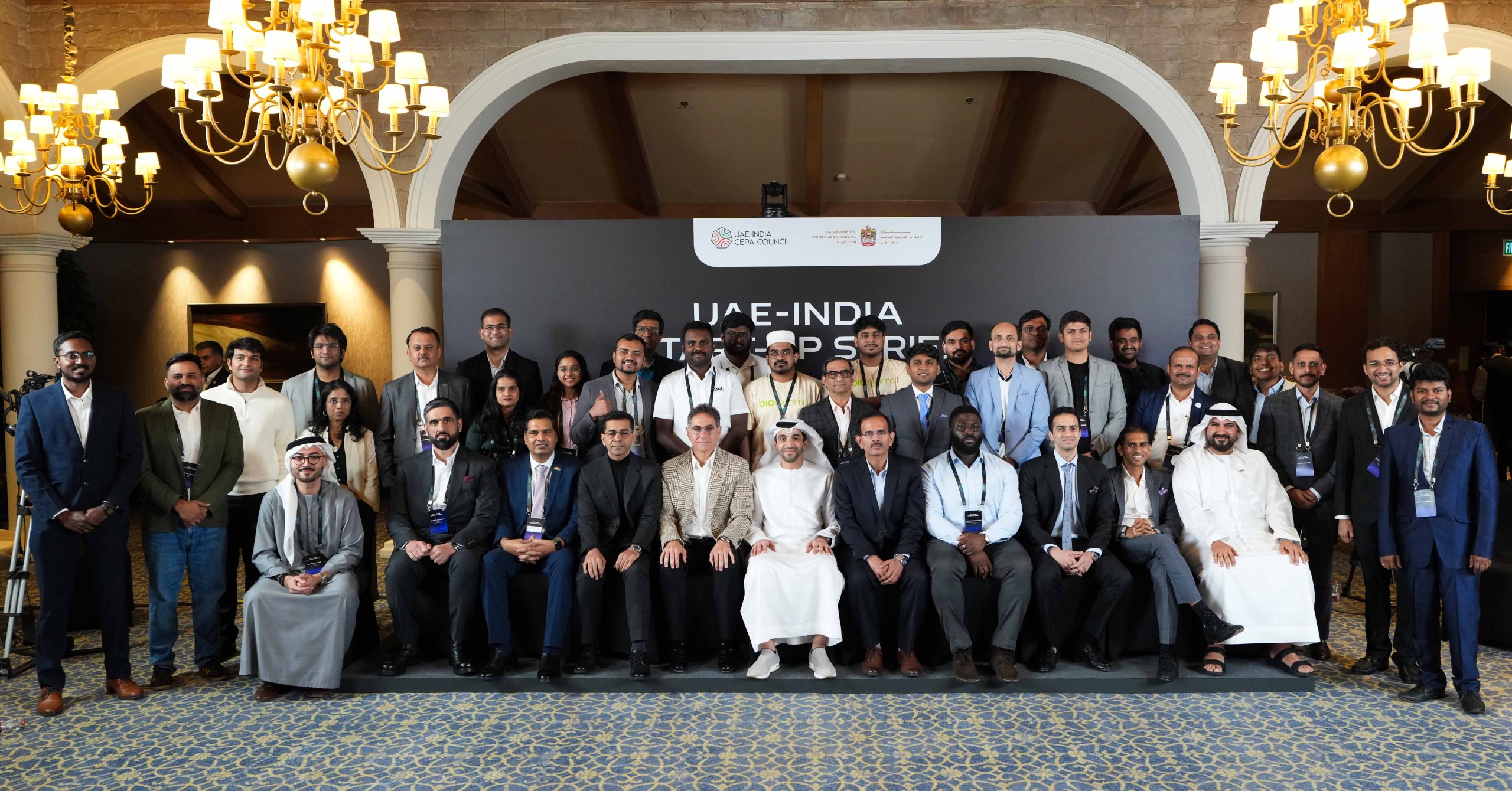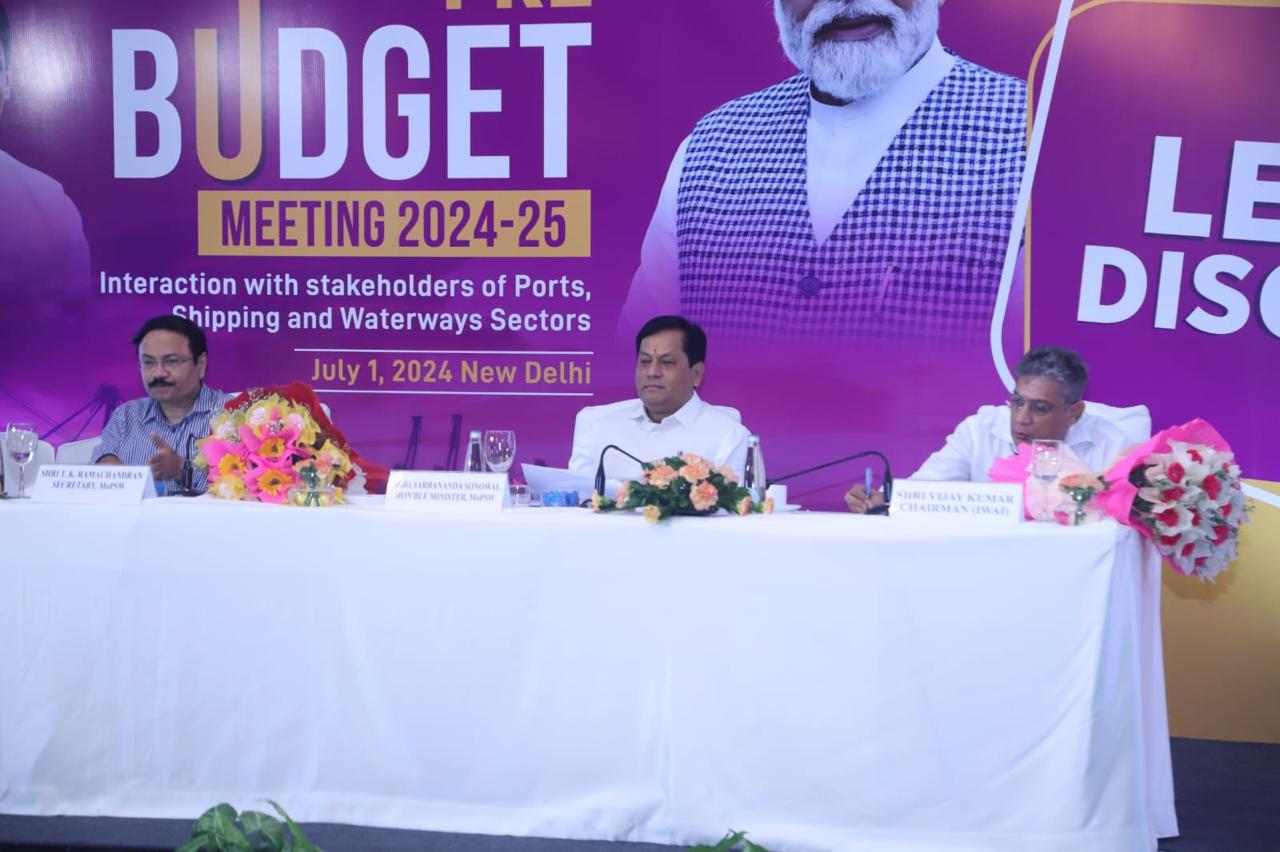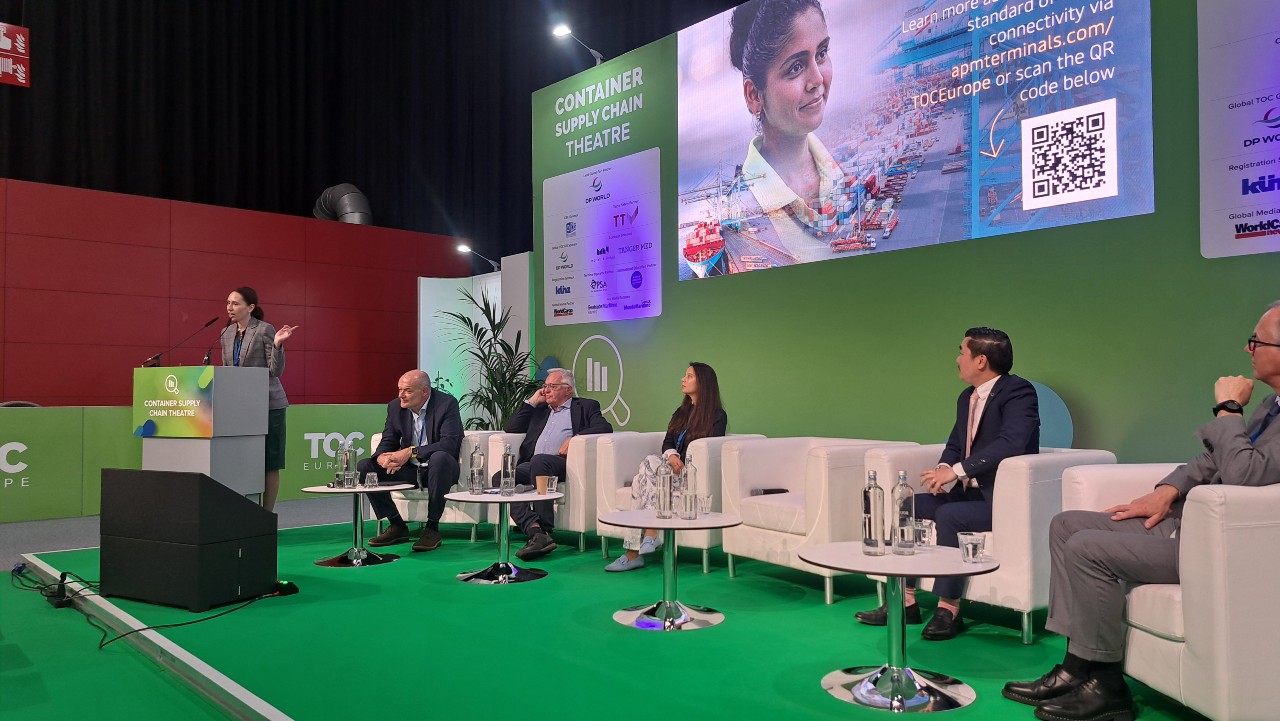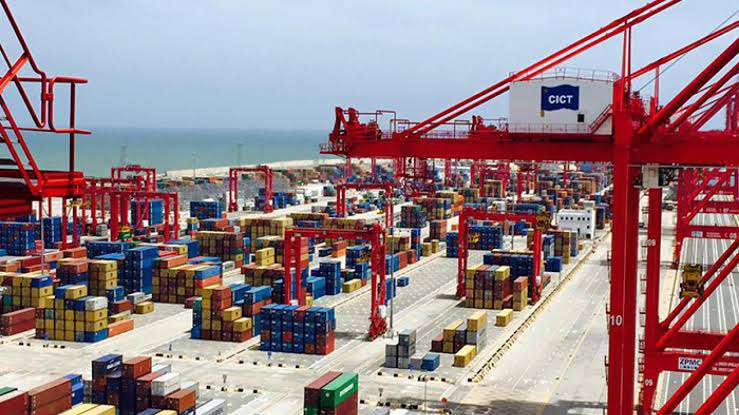Opens Doors for Indian AI Innovators in Global Logistics
Adds momentum to bilateral tech cooperation; experts say India must replicate similar innovation-support ecosystems across Minor Ports
Maritime News, Mumbai, Maharashtra, India : In a move that strengthens the UAE–India innovation corridor, DP World has joined the UAE–India CEPA Council Start-Up Series as a supporting organisation—an initiative designed to identify, mentor, and accelerate India’s most promising young tech companies. Among the top beneficiaries this year is DocketRun AI, one of the five national winners selected from more than 10,000 applicants in just 50 days, making the platform one of India’s largest and fastest-growing start-up initiatives in the CEPA partnership era.
As part of its support, DP World has extended a “soft-landing package” in the UAE for DocketRun—offering mentorship, market access, and entry into its global logistics and supply chain ecosystem. The package is expected to significantly enhance DocketRun’s ability to scale its AIoT-driven inspection, analytics, and safety technologies across Middle Eastern and global industrial networks.
DocketRun: An AI Disruptor Getting Global Wings
DocketRun has been recognised for its innovations in:
- Automated operational assessments
- Advanced industrial quality inspection
- AI-driven video analytics
- Resource-efficiency optimisation for logistics, ports, and supply chains
Such solutions align strongly with global port modernisation trends—where AI-based automation, predictive safety, and zero-error inspections are becoming essential across terminals, warehouses, and multimodal networks.
Industry and Diplomacy Come Together
The two-day event held in Mumbai brought together leaders from government, industry, and the start-up ecosystem, including:
- H.E. Dr. Abdulnasser Alshaali, Ambassador of the UAE to India
- Ahmed Aljneibi, Director, UAE–India CEPA Council
- Hemant Kumar Ruia, Country Manager, DP World India Subcontinent
Hemant Kumar Ruia praised DocketRun’s clarity and scalability, stating:
“Supporting its entry into the UAE ecosystem reflects our shared CEPA commitment to encourage entrepreneurship and strengthen a start-up ecosystem that can support the global economy.”
Ahmed Aljneibi added:
“The Start-Up Series demonstrates how CEPA strengthens bilateral ties by connecting high-potential Indian start-ups with global platforms and supply chains.”
DP World’s Broader Play: Bharat Mart and Beyond
DP World continues to expand its footprint not only across ports and inland logistics in India but also through Bharat Mart, a 2.7 million sq.ft. global marketplace in the UAE, designed to help Indian MSMEs and exporters access Gulf, African, and European markets.
What This Means for India’s Maritime Sector — And What Must Happen Next
While the partnership is a significant boost for Indian innovators, maritime analysts and logistics economists argue that the real transformation will occur only if similar start-up support structures are introduced near India’s minor ports, not just major coastal hubs.
Why Minor Ports Matter for Innovation
India has 212 notified minor ports, many located in high-potential industrial belts including:
- Maharashtra’s Konkan coast
- Gujarat’s Saurashtra cluster
- Andhra Pradesh’s industrial coastline
- Tamil Nadu’s SME-rich marine belts
Minor ports serve regional cargo, fisheries, coastal shipping, and MSME manufacturing clusters. Yet innovation adoption in these ports remains extremely low.
What India and the Maritime Industry Must Do Now
1. Create “Innovation Sandboxes” at Minor Ports
Modelled on CEPA soft-landing programs, India must allow start-ups to test AI, IoT, green tech, and automation directly inside minor ports:
- Real-time vessel tracking
- Smart warehousing systems
- Automated yard management
- Drone-based jetty surveillance
- Predictive maintenance analytics
This would turn minor ports into living laboratories for future maritime tech.
2. Establish State-Level Maritime Innovation Funds
Minor ports are controlled by states—meaning states must step up by creating:
- Coastal Technology Venture Grants
- Innovation-linked tax incentives
- Partnerships with maritime universities and polytechnics
This mirrors the UAE’s model of government-backed innovation acceleration.
3. Mandate Start-Up Procurement Opportunities
Just as CEPA is enabling UAE adoption of Indian solutions, India can:
- Reserve 5–10% of minor port procurement for Indian start-ups
- Pilot digital systems from AI innovators in small terminals
- Integrate logistics-tech firms into regional coastal shipping programs
4. Integrate MSMEs and Small Exporters
Minor ports are lifelines for:
- Fisheries clusters
- Cashew processors (like Jaigad)
- Turmeric, jaggery, onion, and grape exporters
- Rural manufacturing units
Tech adoption must be tied to improving MSME competitiveness, not just corporate port modernisation.
5. Build India–UAE “Green Corridor Labs”
Under CEPA, both countries can jointly develop:
- Carbon-neutral coastal shipping routes
- AI-assisted renewable port-power systems
- Paperless digital trade corridors
Minor ports like Jaigad, Hazira, Karaikal, and Kakinada can host these pilots.
Conclusion
DP World’s support to DocketRun under the UAE–India CEPA Start-Up Series is more than just a success story—it is a template.
A template of:
✔ How Indian innovation can go global
✔ How bilateral partnerships unlock new opportunities
✔ How maritime technology can transform supply chains
But for India to truly lead the next wave of maritime innovation, the ecosystem must not remain limited to major ports or international initiatives.
The next chapter must empower:
➡ Small innovators
➡ Minor ports
➡ Coastal communities
➡ MSME exporters
Only then will India’s maritime sector evolve into a technology-driven, inclusive, globally competitive force—aligned with CEPA’s vision and the future of world trade.




